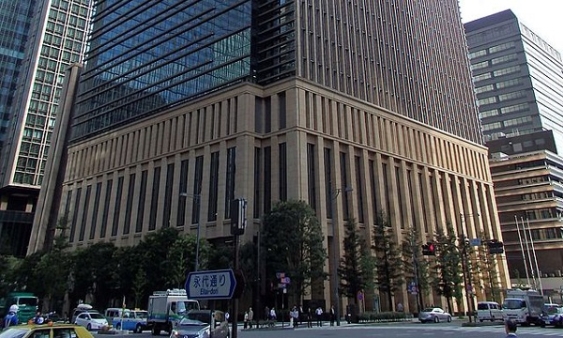
Only one in APAC's 50 biggest banks was prepared for a pandemic
Only Sumitomo Mitsui Trust Holdings identified a pandemic as a key risk to business operations.
A new study has found that financial institutions in APAC were inadequately prepared for a risk like the COVID-19 pandemic, highlighting the necessity for firms to rethink their risk management regimes.
Of the region’s 50 largest banks based on market cap, only a single lender—Japan’s Sumitomo Mitsui Trust Holdings—disclosed a pandemic outbreak as a key risk to their business operations, according to report on governance and sustainability by accounting organisation CPA Australia.
“New disruptions to the global economy such as COVID-19 will force management and boards of financial institutions to revamp their risk management regimes for the new business normal,” said Chng Lay Chew, Singapore Divisional President of CPA Australia. “It is imperative for organisations to rethink how to be prepared for new and possible unknown risks.”
One important aspect is having the discipline to continue to invest in and practise high standards of risk management, added Chng.
The same study found that the use of analytics for managing risks and in internal audit remain at a nascent stage in the sector. Only 15 banks publicly stated that they use analytics in managing risks.
DBS Group in Singapore was the only lender who disclosed that it uses predictive analytics to identify emerging risk areas.
On the upside, most financial institutions have already increased their investments in artificial intelligence, machine learning and blockchain, the report noted.
But whilst leveraging data analytics and technology can improve risk management and help financial institutions make better strategic and other decisions, it also comes with increased security risks. To solve this, financial firms should consider recruiting technology experts when recruiting directors, said Richard Tan, one of the report’s authors.
Currently, at the board level, directors with technology expertise remain rare in the industry, according to the report. Most banks studied have not appointed directors with technology expertise, with Australian and Indian banks performing better in this respect.
“Managing risks of a business requires boards to have a diversity of skills, experience and perspectives, and to avoid behavioural pitfalls such as groupthink and confirmation bias. A robust nominating process, proper succession planning and board renewal are essential to achieving this.
“Risk management, including the identification of key risks, should not be a checkbox exercise, but should instead be informed by a thorough consideration of different types of risks that may impact the business,” said Mak Yuen Teen, co-author of the report.
“A robust nominating process, proper succession planning and board renewal are essential to achieving this,” he added.






















 Advertise
Advertise








